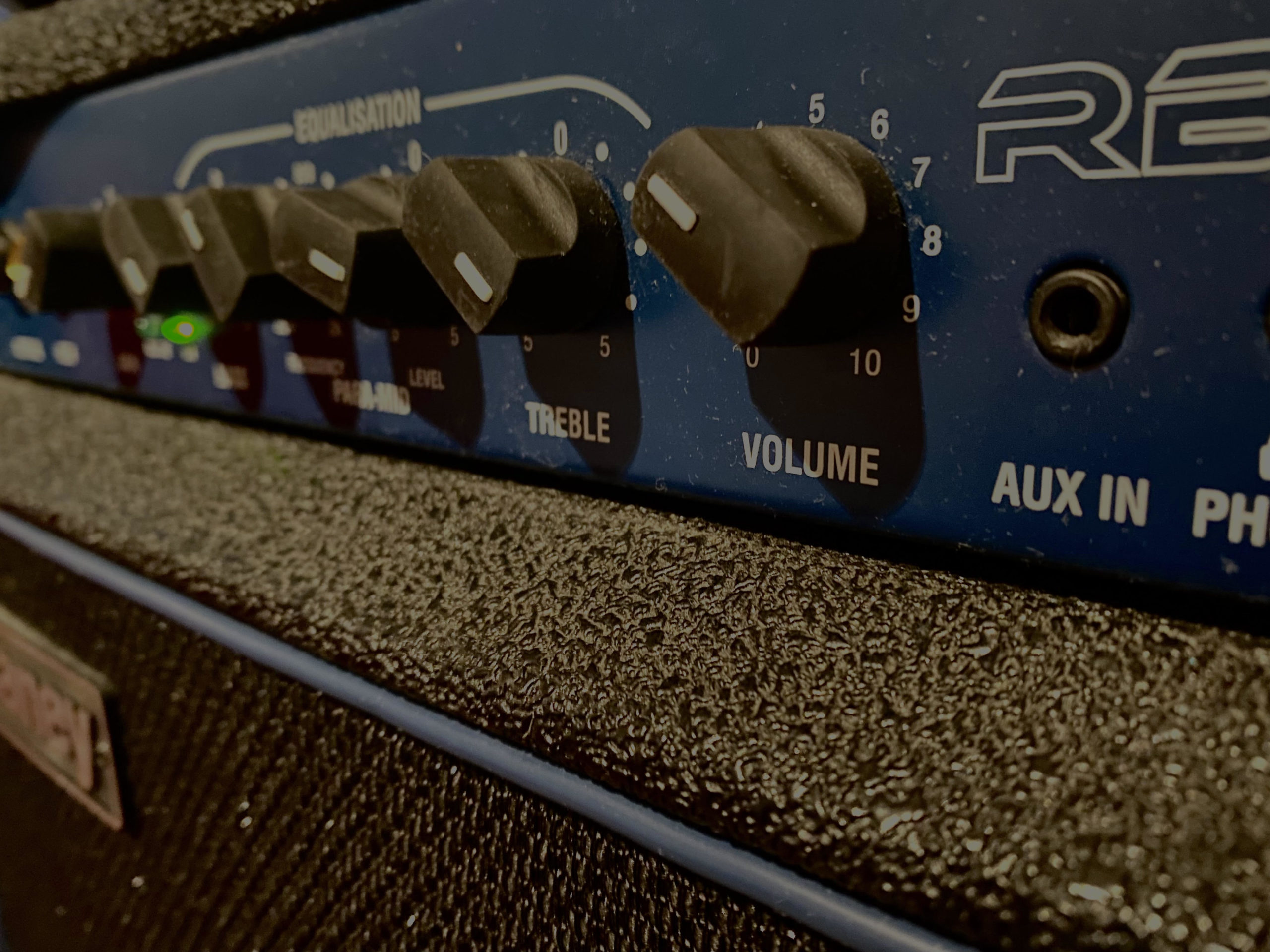Music is the most connective form of art, since the beginning, humans have always used music as a link, an instrument to stay together. Early on, in the past, music was often more related to practical functions such as religious rites, celebrations, parades and military marches. Consequently, in modern history, it assumed moreover a formal role, in fact, nowadays, we intend it just as a pure form art. However, music has always been a universal and unifying language: it has no limits, no barriers and every human being can understand it and appreciate it, despite of any ethnicity, language, age, sexual orientation, social differences. There are several examples during the history.
The second half of the 20th century: the voice of a generation
In the second half of the 1900s, music had its biggest moment. In the 60s the youth used music as its voice, its expression, picturing their feelings, believes and the era they were living into songs. There were so many bands and musicians that were the perfect representation of what that youth just wanted: to live in peace and enjoy the moments. Bands such as “The Beatles”, “The Who”, “the Rolling Stones”, “Jimi Hendrix” are just few of the most famous examples. In this decade, something new, very special, happened: the concept of a big concert started to be considered as a big event to connect and link people together from all around the world, with the participation of the most famous and influent artist of that period. “Isle of wight” and “Woodstock” were the most successful e impactful concerts in that period that people still look up to. Later on, in the 80s, music played a challenging social role. During apartheid and the crisis in Africa, the most influent artists collaborated, making songs and concerts to support people with charitable revenues. Michael Jackson, Bruce Springsteen, Run dmc and other very famous and important artists participated to “Usa for Africa-We are the world” and Live Aid which was probably the biggest concert ever in terms of participation and, also, in terms of money raised. “Live aid” and “Woodstock” have become a role model for the following concerts as it seen for “Coachella” in the last years.
Music as voice of the voice of the oppressed
Through the time, music has been used as the language of the oppressed. There are so many examples of songs used for rebellion or for linking people who were suffering a determinate political or social situation. Only in Italy there are several examples like “Va pensiero-Giuseppe Verdi”, which was against the oppression of foreign country that Italy was going through, or “Bella ciao”, the hope song against facism. However, we can going to conclusion that music as a form of art will be always used to manifest and express the emotions that humans are going through.
In conclusion, we can consider, without a doubt, music as one of the best and universal way for humankind to express emotions, deeper thoughts, message of peace, of brotherhood, union and freedom.
Matteo Pipolo, III A

